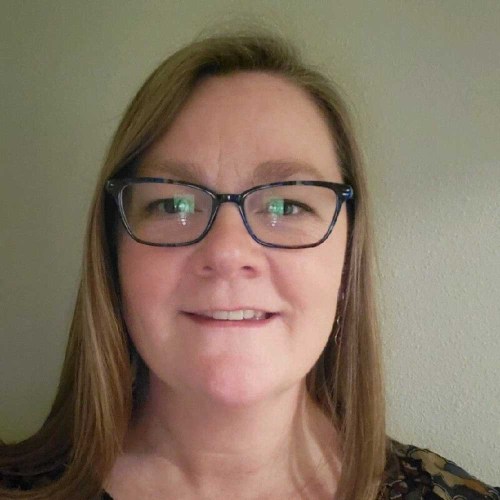New executive director ready to help underserved populations
Published 6:00 am Thursday, January 14, 2021
PENDLETON — Kristin Owen has a long career of helping others, and it’s that history that has her ready for the challenges awaiting her as the new executive director of Umatilla County services for Lifeways, a nonprofit tasked with managing the county’s mental health needs.
Previously the clinical director for outpatient services, Owen left her home state of Illinois 30 months ago for a lifestyle change, as well as pursuing an opportunity to continue her work in rural mental health work.
Trending
A native of Chicago, Owen said she started her work in child welfare working in a residential facility with wards of the state. She then went to work for a consulting agency that provided wraparound services for wards of the state.
“I stayed at that company 17 years and monitored their residential population before shifting into the medical realm, becoming provider relations director working with Medicaid’s specific requirements, and recruiting doctors to be in our network,” she said.
Furthering her education, Owen said she earned a master’s degree in public administration and moved into a manager position, working with a children’s mental health crisis line and 45 providers across East-Central Illinois. This was her first experience in rural services.
“The difference between the inner city and rural mental health is the distance and the logistics become more difficult,” she said. “You need to think differently, ‘Where is the office located? How do you get to clients? How do they get to you?’”
Owen said another big difference is that rural care is more personable and more community oriented, and organizations with similar visions work together.
“With rural care there is more community involvement and participation,” she said. “It’s all about the partnerships we have and how we look at resources and how we combine them.”
Trending
Lifeways, has offices in Idaho and Oregon, focusing on Umatilla and Malheur counties, as well as administering offices and facilities in Nampa, Caldwell and Boise, Idaho. In the 25 years since its inception, the organization has grown to employ close to 400 people — 140 in Umatilla County alone.
As a community mental health provider, Owen said Lifeways is responsible for serving those on Medicaid, as well as Medicare patients and those with private insurance.
“We are part of the public health safety net,” she said.
Outpatient services, including therapy, are six- to 12-month programs that are solution-focused and supported by case management. These patients can be linked to other resources like anger management, budgeting and social skills that, Owen said, lead to living a better life.
One of the most effective programs for outpatients, Owen said, is their peer support services staffed by people who have successfully recovered from addiction or have a strategy to manage their mental illness.
“Peers share their own experiences with clients and are really encouraging,” she said. “They share their own mental health journey and work to assist others.”
Lifeways has offices in Hermiston, Pendleton and Milton-Freewater, including a team dedicated to serving youths that includes psychiatrists and psychiatric nurse practitioners that can prescribe medication.
Some of what Owen called intensive services are Lifeways’ jail diversion program.
“We work with those in jail, provide some groups for them and see individuals at their request,” she said. “We encourage inmates to engage with services after their release and we support the management of their probation or parole.”
Lifeways offers an early assessment support alliance, Owen said, to work with psychosis in young adults age between the ages of 14 to 26. This work includes what she calls “natural support” — families and friends who are necessary to help the patient become successful.
For individuals with severe and persistent mental illness, Owen said Lifeways works to keep them independent.
“We provide a lot of community support, assist with grocery shopping, managing relationships with landlords and keeping people out of hospitals and residential facilities,” she said.
As for their crisis services, Owen said they provide 24/7 coverage for anyone in trouble with no initial insurance verification.
“Due to what they are experiencing we assist and facilitate their needs until they are stable enough to return home,” she said. “We will then follow up to provide support.”
When residential care is needed, Owen said there are three facilities in Umatilla County, including the recent opening of a 16-bed acute hospital, Aspen Springs, in Hermiston. When someone in crisis is not ready to go home, Lifeways staff help them get stabilized and transitioned to either a secure residential facility like McNary or a facility like Westgate with fewer restrictions.
Owen said her staff also works closely with other care facilities and can help place patients in facilities from rural counties where no residential facility exists.
“Many counties lack acute inpatient care on the east side of the state so we send placement packets to numerous facilities in every county,” Owen said.
As a nonprofit, Owen said Lifeways isn’t looking at “the bottom line.”
“I really think our mission is to serve underserved populations,” she said. “Being a nonprofit gives us more latitude to provide what is necessary for our clients.”










